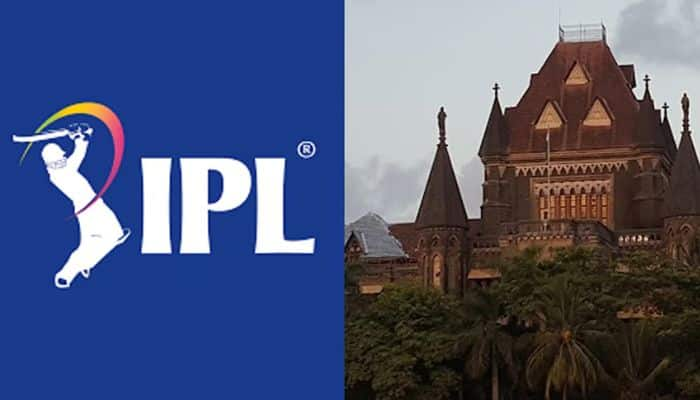In a significant development, the Bombay High Court has raised serious concerns regarding the Maharashtra government’s decision to waive Rs 14 crore owed by the Indian Premier League (IPL) organizers for police security services provided between 2011 and 2018. This decision has sparked a heated debate about the intersection of sports, governance, and fiscal responsibility

SOURCE : TOI
On August 29, 2024, a division bench comprising Chief Justice Devendra Kumar Upadhyaya and Justice Amit Borkar expressed skepticism about the state’s rationale for waiving the substantial security fee. The court’s scrutiny followed a public interest litigation (PIL) challenging a 2023 Government Resolution (GR) that retroactively reduced the fees for police deployment at IPL matches
The PIL, filed by RTI activist Anil Galgali, contends that the June 26, 2023, GR set the new fee structure for police services at Rs 10 lakh per T20 match and Rs 25 lakh per one-day or Test match. The PIL highlights that between 2011 and 2018, arrears amounting to Rs 14.8 crore were accrued by the Mumbai Cricket Association (MCA), which was responsible for hosting IPL matches in Mumbai
Chief Justice Upadhyaya did not mince words, questioning the state’s decision to not only reduce but also waive the arrears. “Prima facie we don’t find any rationale for the state to have not only reduced the payment for deployment of police force but also to have waived the arrears,” the Chief Justice remarked during the hearing This critique emphasizes the court’s concern about the potential implications of such a waiver on state finances and public accountability
Addressing the state’s leader Jyoti Chavan, the Chief Justice highlighted a disparity in state policies: “What is this? What are you doing? You keep on increasing water charges even from slum dwellers. You know the BCCI [Board of Control for Cricket in India] is the richest cricket association globally…” The court’s comments underscore a broader criticism of inconsistent policy decisions that affect various segments of society differently.
The Bombay High Court’s remarks reflect a deeper debate about the financial implications of high-profile sporting events in Mumbai. The IPL, known for its grand scale and commercial success, attracts large crowds and substantial revenue. However, the cost of providing security for such events is significant, and the decision to waive these fees raises questions about fiscal responsibility and the equitable distribution of state resources
The court’s scrutiny has captured public attention, with many expressing concerns about the state’s decision. Critics argue that waiving such a substantial amount for a wealthy organization like the BCCI sets a problematic precedent. They contend that the funds could have been better utilized for public welfare initiatives, especially in a state where many citizens face economic hardships
In defense of its decision, the Maharashtra government has argued that the waiver was intended to promote sports and reduce the financial burden on the MCA. However, this rationale has been met with skepticism by both the court and the public. The government has been directed to file a detailed affidavit providing reasons for waiving the arrears and to disclose the total arrears of cricket match organizers from 2011 till date
The Bombay High Court has given the state two weeks to respond to the PIL and provide a comprehensive explanation for its decision. This case is likely to set an important precedent for how state resources are allocated and the accountability of government decisions. As the court continues to scrutinize the waiver, the broader implications for governance and fiscal responsibility in Maharashtra remain a focal point of public discourse
The Bombay High Court’s questioning of the Rs 14 crore IPL security fee waiver has brought to light critical issues of governance, fiscal responsibility, and public accountability. As the state prepares its response, the outcome of this case will be closely watched by stakeholders across the spectrum. The decision will not only impact the future of sporting events in Maharashtra but also set a precedent for how similar issues are handled in the future
Share your views in the comments

